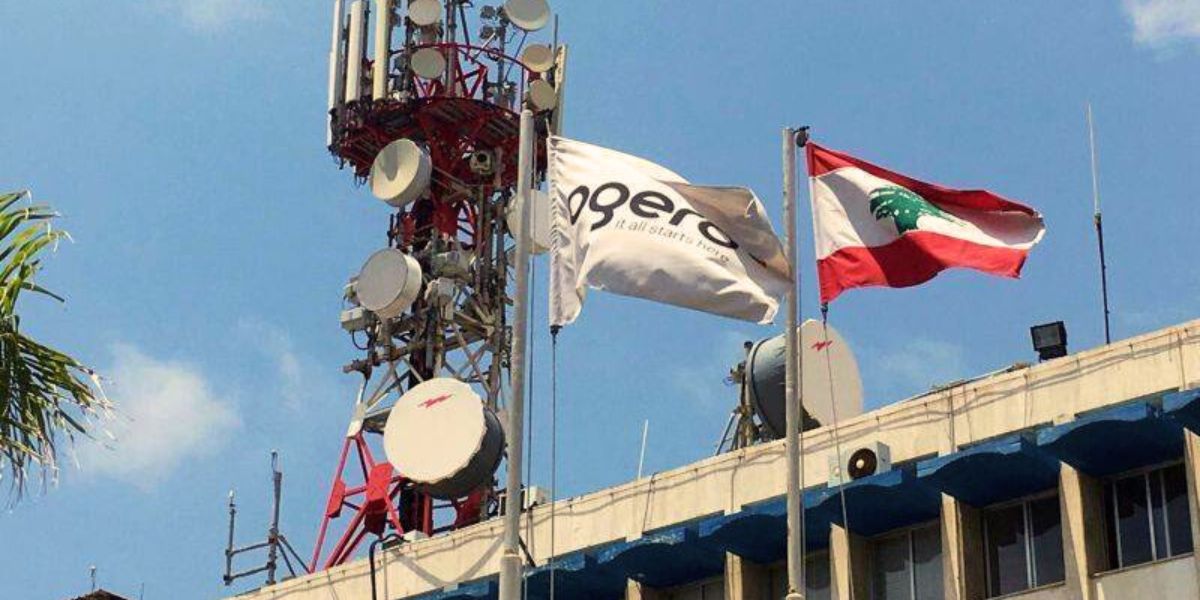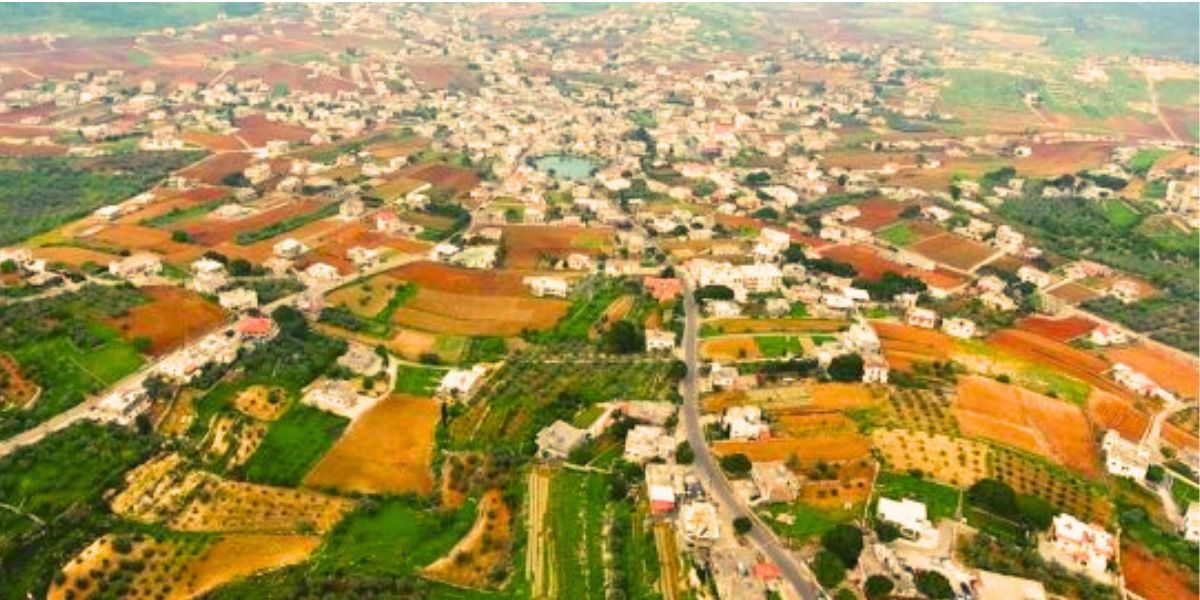People have been forced to rely on backup generators due to the state’s lack to supply the country with electricity. The government hasn’t been able to provide Lebanon with adequate electricity for a month now. It’s 2020, what are they doing?
The residents’ main source of power now comes from the private generator owners who, unitedly, are threatening to turn off their engines on August 5th if the government does not respond to their demands.
They haven’t waited though, as many are already rationing their supply of electricity.

The Daily Star recently published a report warning of the increased health risks caused by these generators, namely respiratory health risks.
The fact only adds insult to injury at this point since the coronavirus basically attacks that respiratory system.
Health has been a cause for concern ever since the pandemic broke out. And now Lebanon is facing another health issue, a silent and deadly one.
Well, not that silent, since you can hear the soft hum of backup power generators across the city…
Apparently, generators release soot and black carbon and, according to award-winning scientist Najat Saliba, these chemicals penetrate deep into the body.
This has numerous negative implications on human health, as well as the environment.
During the beginning of the outbreak, when the country turned into a ghost town, people stopped driving their cars, factories closed, everyone stayed indoors, and skies over Lebanon seemed clearer with less air pollution.
Albeit, nitrogen dioxide levels went down less than 50% – not impressive when compared to other countries – it was still better than what it used to be.
Back then, and for the many years since the civil war, Lebanese people relied on generators only for a few hours daily. Now, generators are on almost 24/7.
“We’re also probably all dying of cancer right now. 40% of Lebanon’s air pollution comes from generators. Now that they are switched on in Beirut for 20 hours instead of the usual 3, I can’t imagine how polluted the air must be,” said Sunniva Rose, a journalist at The National.
Even sadder, fights are breaking out between generator owners and the people, who are begging for electricity, by way of the very source of their slow and steady demise.

















